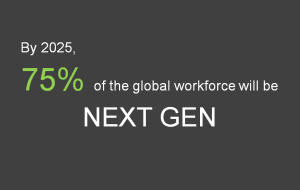 I had a great conversation with Simon Perriton this week – he is the CEO of Just IT and we serve on a global education committee together – and he mentioned that he hires for attitude and can teach skills. Wise words.
I had a great conversation with Simon Perriton this week – he is the CEO of Just IT and we serve on a global education committee together – and he mentioned that he hires for attitude and can teach skills. Wise words.
Later in the day I thought about what might be the greatest word that we have at our disposal (a close run thing when words such as “love,” “thanks,” “family” and BBQ are considered). That word is “define.”
We can search and find the meaning of any word by using the word “define.” We can action this whenever and wherever we may be, and we get our answer. Let’s put our focus, therefore, on the skills that make a difference – the application of learning, the softer skills, the human side. People can search and find the meaning of anything, how to make things and fix them, on their own.
Don’t teach them what, teach them how, and give them skills employers are calling out for.


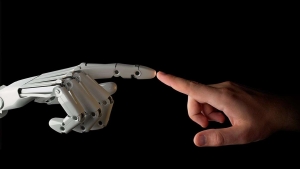
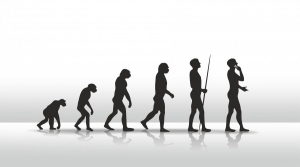


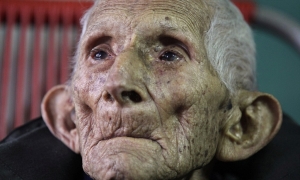
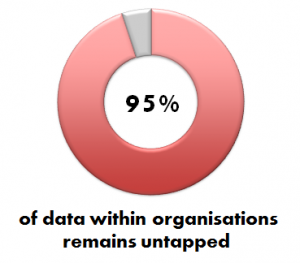
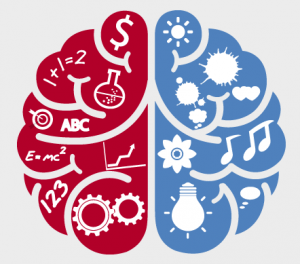 I read an interesting story recently of a company that dismissed a very competent technician because he lacked the soft skills that was in keeping with their twenty-first century thinking. I delved deeper.
I read an interesting story recently of a company that dismissed a very competent technician because he lacked the soft skills that was in keeping with their twenty-first century thinking. I delved deeper.